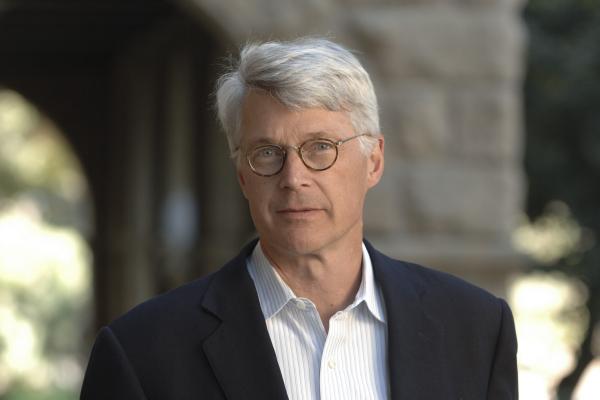
Recent scholarship has demonstrated the majority of Americans are willing to support the use of nuclear weapons today in conditions similar to the strategic conditions of 1945, to end a war and avoid large scale American military casualties (Sagan and Valentino, 2017).
But does the public really understand the physical effects and political ramifications of nuclear weapons use?
Scott Sagan and Benjamin Valentino have launched an original survey experiment through YouGov measuring how “priming” subjects about the environmental effects of nuclear explosions, the gender and age of victims, the legality or illegality of nuclear attacks, and the gruesome nature of nuclear deaths influences U.S. public support for nuclear weapons use in realistic wartime scenarios. Through “priming” subjects to think about different effects of nuclear weapons before asking them to answer a series of questions, this survey allows Sagan and Valentino to achieve a more nuanced understanding of U.S. public support for or opposition to nuclear weapons use.
